The political attacks against Hungary and Poland holding the EU presidency continue. The left-wing majority in the European Parliament is currently trying to prevent Hungary and Poland from taking over the rotating presidency of the European Council by involving the Meijers Committee, an expert group made up of jurists, law professors, legal researchers, judges and lawyers who claim to be independent.
At the joint committee meeting of the Committee on Civil Liberties, Justice and Home Affairs (LIBE) and the Committee on Constitutional Affairs (AFCO), the expert group outlined three different scenarios, presenting options for blocking or restricting the path to the rotating presidency.
Since the agenda of the presidency is drawn up jointly by three consecutive countries – in this case Spain, Belgium and Hungary – at the rein of the European Council, the first proposal by the Meijers Committee recommended that the troika should agree which of the other two countries should chair meetings where rule of law issues are discussed. In practice, this proposal would restrict Hungary's presidency, as both Hungary and Poland are subject to rule of law proceedings. Experts also proposed changing the order of the rotating presidencies. It is worth noting that assigning a new presidency slot is a step that has been taken several times before, but never against the will of the country concerned and as a means of political sanctioning.
The third solution would be for the European Parliament to adopt a resolution that regulates the conditions under which a member state cannot exercise the presidency.
The Meijers Committee's third proposal seems to have won the approval of left-wing MEPs. Gwendoline Delbos-Corfield, author of the EP report condemning Hungary, told the Hungarian daily Nepszava that they will start drafting a resolution immediately after the summer break. According to the French Green MEP, this document would lay down the conditions under which member states can exercise the rotating presidency of the EU, and would detail the measures to take if a country with a serious democratic deficit were to hold the rotating chair.
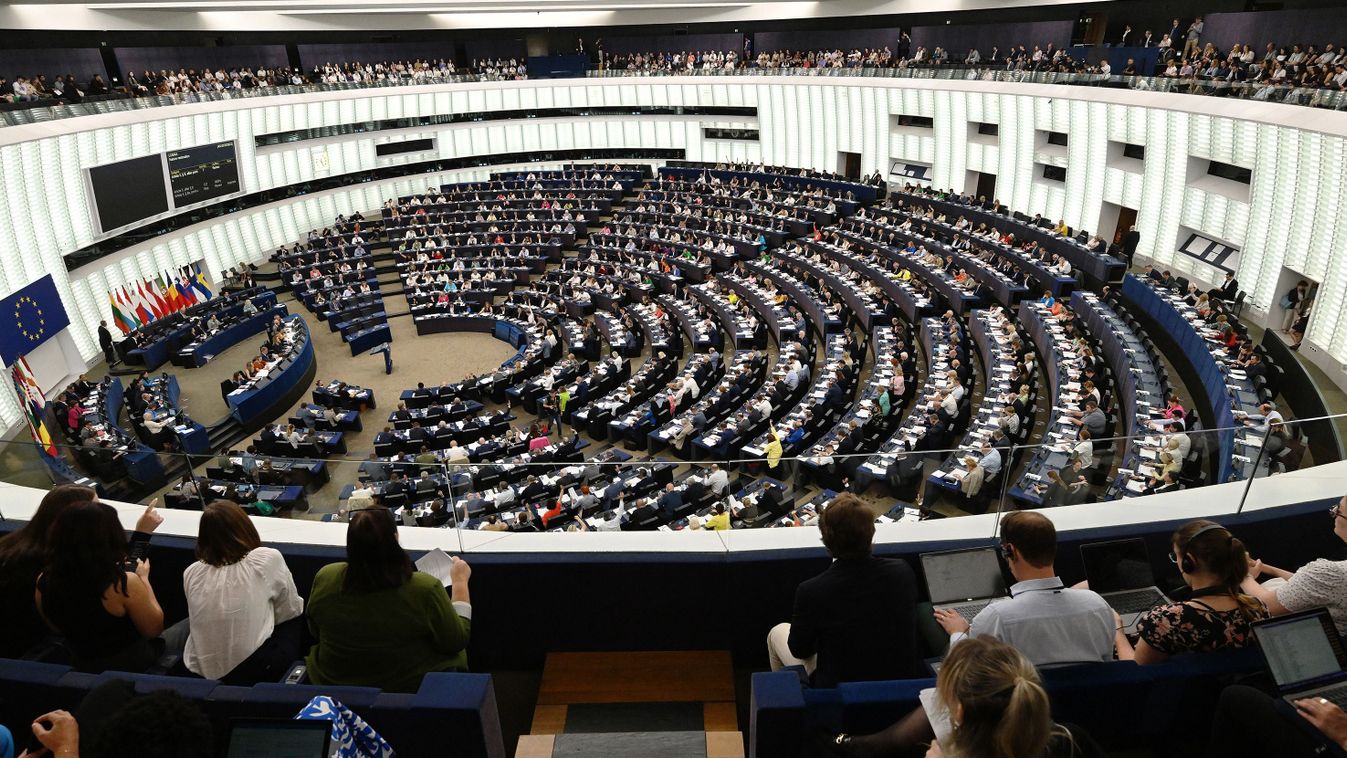
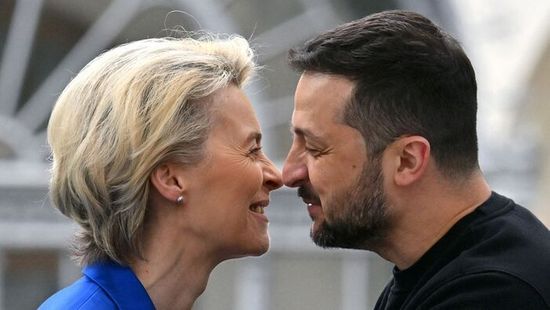


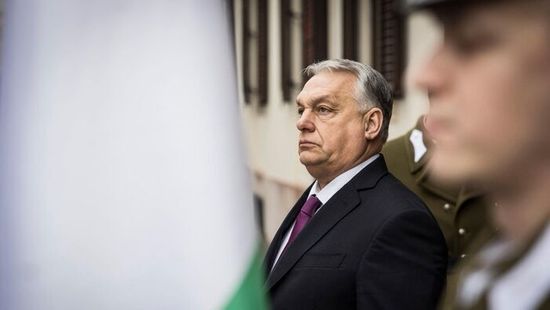

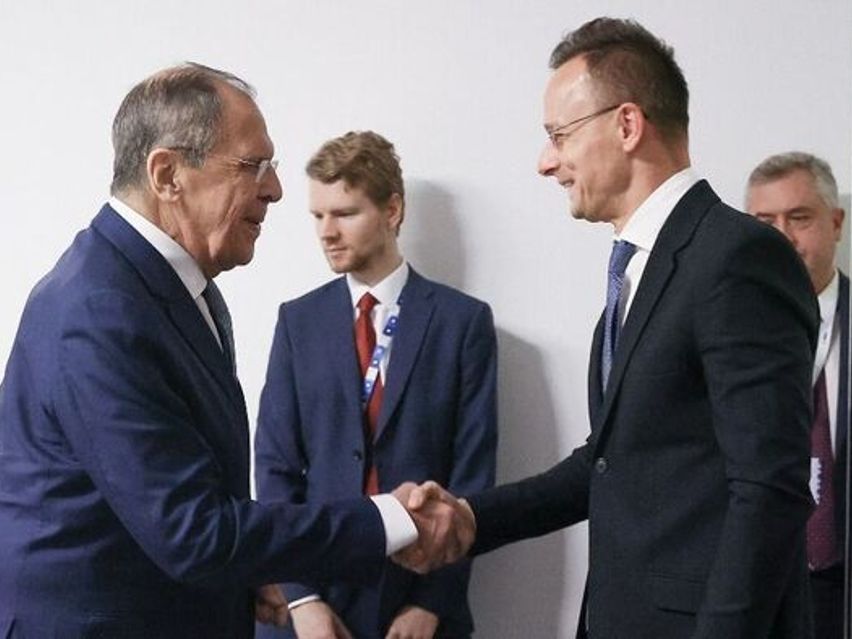




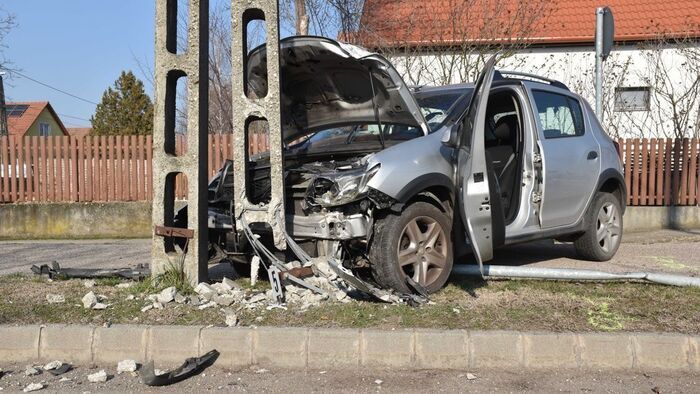



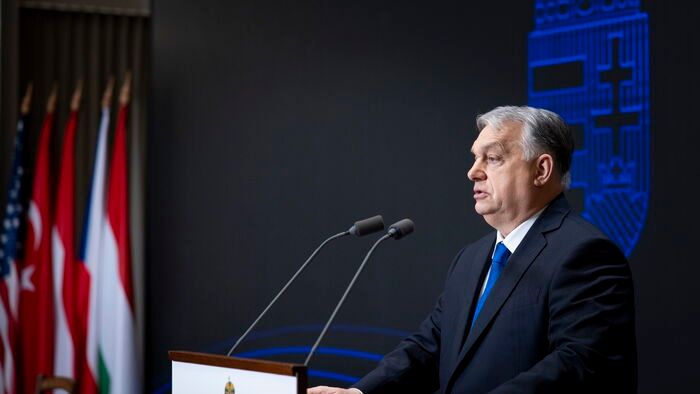

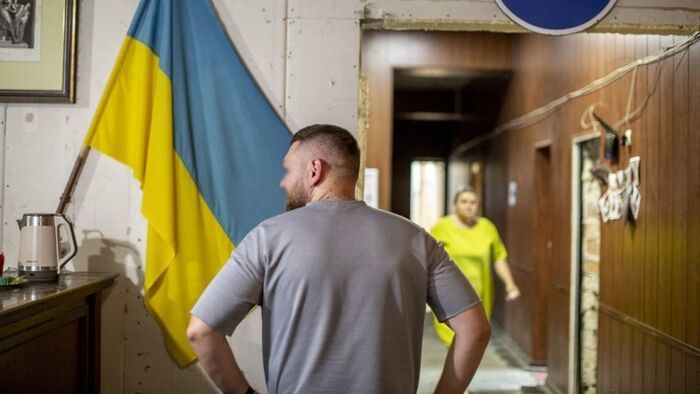





Szóljon hozzá!
Jelenleg csak a hozzászólások egy kis részét látja. Hozzászóláshoz és a további kommentek megtekintéséhez lépjen be, vagy regisztráljon!